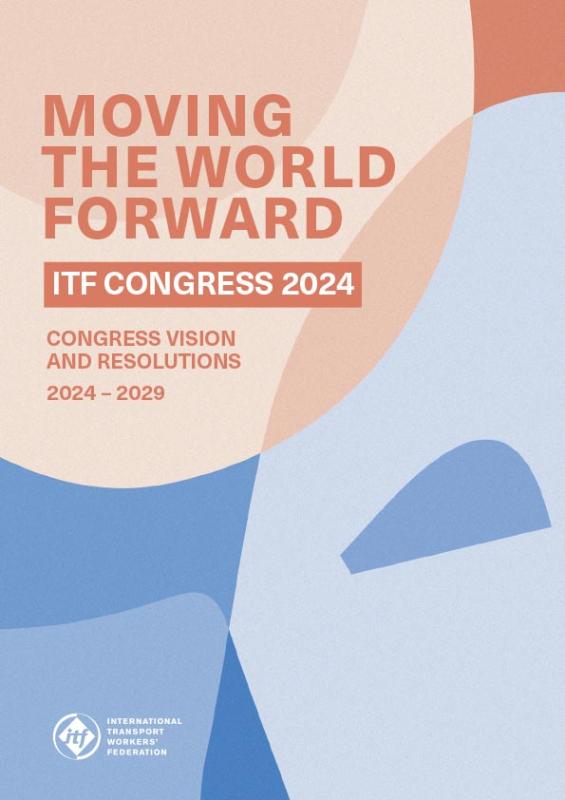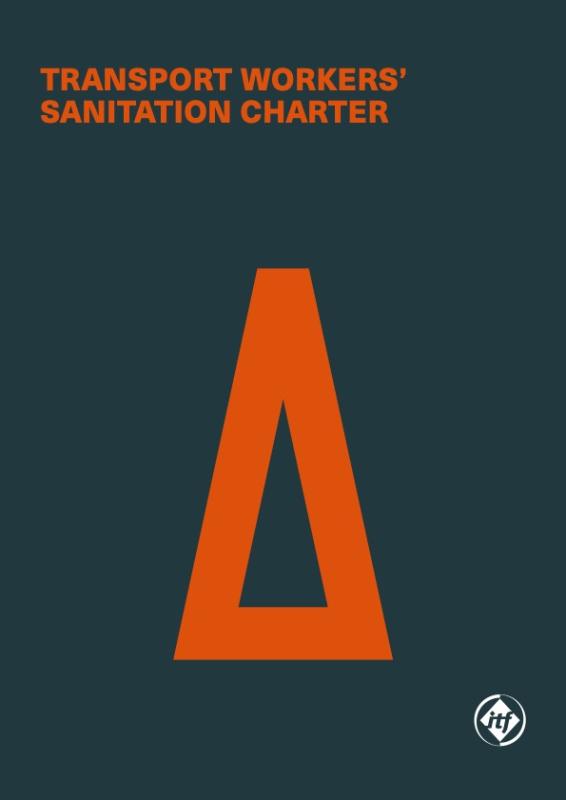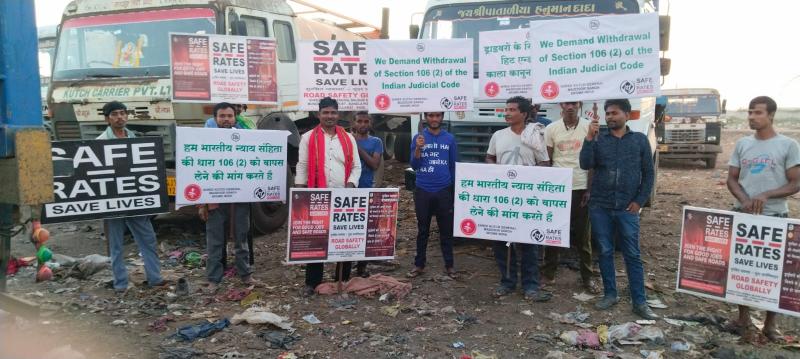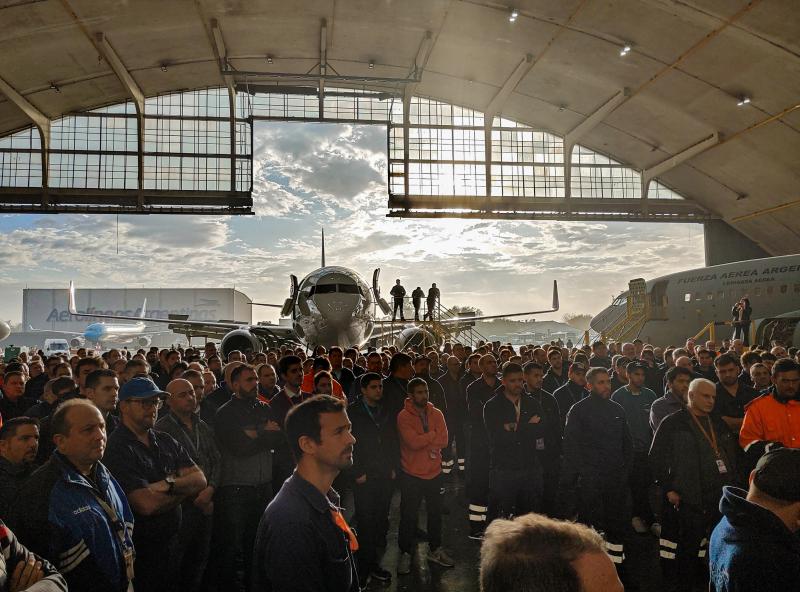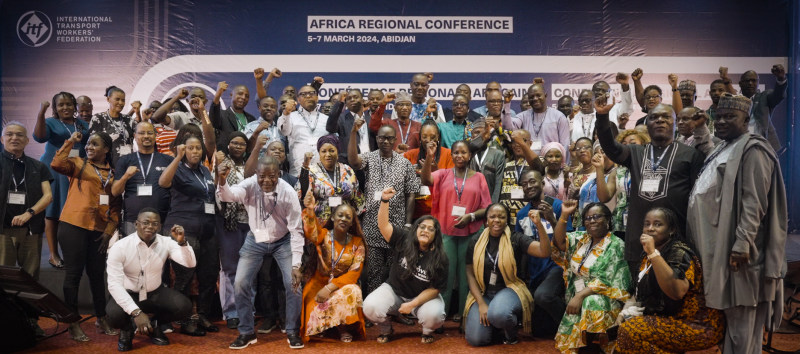In the first of our features looking at the ‘Remarkable Women Who Move the World’ project work done by ITF with Women Mobilize Women (WMW) we are taking an in depth look at the work done Brazil.
“I have to be a trade unionist because I don’t want other women to go through what I went through in this company.” Vanusa
Why Brazil?
Brazil has been at the forefront of public transport expansion, leading to many key debates around public transport including funding, accessibility and worker representation. Over the next few years, Brazil will continue to make significant progress in electrifying public transport as it expands services, so getting a picture of the country now from a workers' perspective is important as a representation of where public transport is going in the Global South.
“Knowledge is something that can’t be taken away from us, and which we can use anywhere we go.”
- Women make up the majority of university students in Brazil
- Women make up only 17.8% of transport workers in Brazil
- Only 3.4% of Brazil’s bus and truck drivers are women.
“I fell in love with trade unionism because you seek the truth; you work for the truth. You bring the truth to your fellow workers.” Rosenilda
ITF’s affiliated unions and in particular the bus unions belonging to CNTTL transport workers’ confederation (Confederação Nacional dos Trabalhadores em Transportes e Logística) have been carrying out remarkable work that focuses on women transport workers' experiences and representation. The confederation has created a network of women workers that is unique, as it engages women workers from different areas of the public transport system (ticket vendors, mechanics, drivers, station assistance personnel) and has led to the creation of a narrative about women workers in public transport that is important to tell and share around the world.
“Some men still don’t trust my work, and will doubt my word, and so will look for a man to confirm what I just said is correct.”
Filmed in the cities across Brazil (Sorocaba and Itapeva in the State of Sao Paulo, Salvador in Bahia, Curitiba in Parana and Maceio in Alagoascity of Sorocaba in the State of Sao Paulo), the project combines individual and collective stories of women workers in public transport in Brazil talking about the challenges they faced being in both a male dominated work and union space, and is told through the medium of documentary theatre film production.
“Women need to come together to be stronger and to be able to progress.”
The work will be part of educational materials to be prepared for discussions with urban transport affiliates, allied organizations and multilateral institutions that work in public transportation.
Over the next few months, we will share some of the content from across the other focus countries and highlight why the voices of women working in frontline transport are key to building urban transport policies. To keep up to date on this project, follow the hashtags #WomenMobilize and #ThisIsOurWorldToo and follow ITF and Women Mobilize Women on socials.
The videos can be viewed here: Remarkable Women who move the world
Notes:
The International Transport Workers’ Federation (ITF) and Women Mobilize Women (WMW) have jointly collaborated to put a spotlight on the stories of women transport workers in Brazil, India, Indonesia, Morrocco, and Uganda. These stories are told using a variety media, such as videos, theater, online posts, and more.
Funded by the German Federal Ministry for Economic Cooperation and Development BMZ and implemented with the German Development Cooperation GIZ, the project works with local unions in each of the five countries to:
- - Increase the visibility and awareness of women workers in the urban mobility workforce
- - Demonstrate the need for women’s inclusion from the operational level to the policy-making level
- - Recognise the importance of unions as active stakeholders in planning and decision-making.

